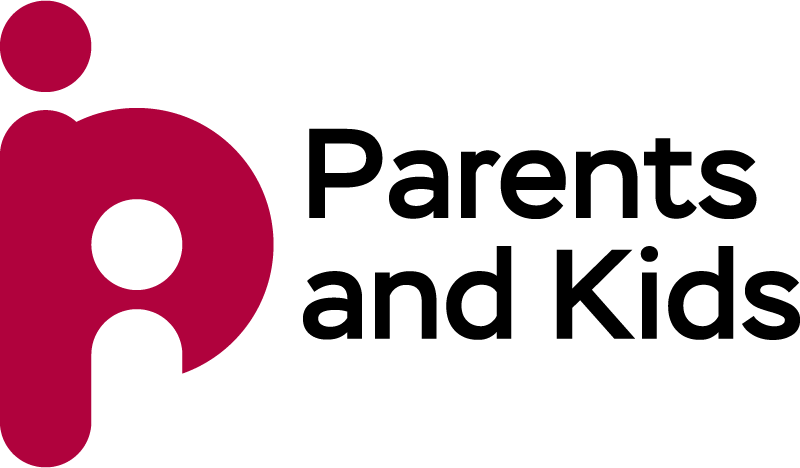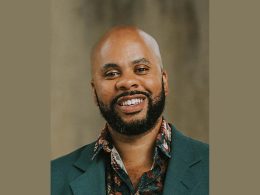King County’s initiative to provide motels for the homelessIt arrived to its initial objective more than two years late, having been purchased during the pandemis.
By the end of 2022, King County officials pledged to accommodate 1,600 homeless persons. With only 565 units open and occupied by that time, it fell well short.
More than 1,000 homeless housing units have already been opened by the county, and another 300 are scheduled to open by the end of the year. A 0.1% county sales tax, which generates roughly $70 million annually, is used to fund the Health Through Housing initiative.
Kelly Rider, director of the King County Department of Community & Human Services, stated that this is the most extensive program the county has ever implemented, particularly in such a short period of time.
The number of homeless people in the county has nevertheless continued to rise to all-time highs. In 2024, a one-day count revealed that over 16,000 individuals are homeless on any given day, with 60% of them living outside.
According to Rider, the program has expanded the number of suburban cities outside of Seattle that are involved in tackling the homelessness issue in the area. Additionally, the program’s objectives to address racial disparities in homelessness are being met.
The Health Through Housing initiative was founded in 2020 with the goal of purchasing inexpensive, vacant hotels during the pandemic and using them to shelter residents of the increasing number of encampments in the area. For formerly homeless persons, they had to turn hotels into permanent supportive housing with on-site social services. This type of housing keeps over 90% of tenants annually on average in King County and across the country.
The most important thing was urgency. After passing the sales tax in 2020, officials quickly acquired 11 hotels. However, the program encountered many challenges, including a lack of personnel to manage the facilities and underpaid and pandemic-burned human care workers.
Construction delays also occurred when hotel rooms were converted into housing for formerly homeless persons.
Residents and business owners in the vicinity of the proposed sites attempted to oppose them, resulting in protracted community participation procedures for the county.
Although that is common in such projects, this was the first permanent supportive housing project that people of various cities had ever seen.
According to Redmond Mayor Angela Birney, people were concerned that the area might turn into a real drug nest.
Among others who voiced worries about drug usage was Jessica McMorrow, who owns a dance studio across the street from the Health Through Housing facility in Redmond, which was originally a Silver Cloud Inn. However, she claimed that not much has changed since the building opened.
McMorrow stated, “I would say it’s not as bad as I feared.” It resembles this silent, closed building in certain ways.
For a dozen residents of the Health Through Housing complex who asked for Bibles and gift cards for groceries and petrol, McMorrow and her team planned a gift drive over the previous holiday season.
Redmond is now establishing a second permanent supportive housing facility of its own. Birney, a board member of the Regional Homelessness Authority, wants to encourage other cities to help.
Birney stated, “I want to make it work in Redmond while also showing people the opportunities that may exist in their community.”
The Health Through Housing initiative, according to King County’s Rider, eliminates the largest obstacle to localities adding homelessness services: obtaining funding. Additionally, city officials are pleased that at least 60% of the units are designated for their city’s homeless population.
Last year, Burien slowed down a county-funded shelter proposal to the point where the county retracted its offer after a fight with King County over homelessness policy. Officials in Burien, however, say they have asked the county to construct a second Health Through Housing structure in their community.
There are 11 buildings owned by Health Through Housing. The county has no plans to buy any more properties or motels. Paying for the facilities the county bought and covering operating expenses takes up almost all of the continuous sales tax revenue. Additionally, converting hotels into permanent housing required more effort than officials had anticipated, and hotels are no longer inexpensive.
The county had to build kitchenettes in hotel rooms, reconfigure fire sprinklers to prevent individuals from setting them off unnecessarily, provide facilities for service providers to interact with clients, and revamp front desk areas.
Despite the improvements, county officials said that it was a quicker and less expensive method of bringing units online than starting from scratch. In contrast to the $400,000 they claim it would have cost to create those units, the county paid roughly $270,000 each hotel.
Additionally, the county has changed its focus to cover the expenses of other organizations operating the buildings. For instance, King County’s Health Through Housing program is covering staffing and other expenses for Sacred Medicine House, a 120-unit permanent supportive housing complex in Lake City that was constructed by the Chief Seattle Club utilizing federal tax credits and other funding sources.
Even though it took almost five years to complete that structure, there are benefits to designing with previously homeless individuals in mind. There are restrooms with drainage to prevent flooding, stoves that shut off automatically after an hour, and case manager rooms with two doors so staff can quickly leave if a client is in a crisis.
Native people make up the majority of the residents of Sacred Medicine House. Affirmative marketing is used by the Chief Seattle Club to fill its units, meaning that when units become available, staff members contact homeless Native people and assist them in applying.
As part of King County’s attempts to address racial disparities in homelessness, 25% of residents in all Health Through Housing units are Black, and 10% are Native. Despite President Donald Trump’s directives to discontinue diversity, fairness, and inclusion programs, King County officials insist these efforts will go on.
According to Rider, this program is not impacted by federal funding. Therefore, we remain steadfast in our commitment to the antidiscrimination and fairness principles that we have included into this.
The Seattle Times, 2025. Check out SeattleTimes.com. Tribune Content Agency, LLC is the distributor.










